The property hotspots where house sales have more than doubled since this time last year
The new property hotspot, the house names that command the highest prices, and how the appeal of Grade Listed homes could be fading. Here's our round-up of what's happening in the world of bricks and mortar.
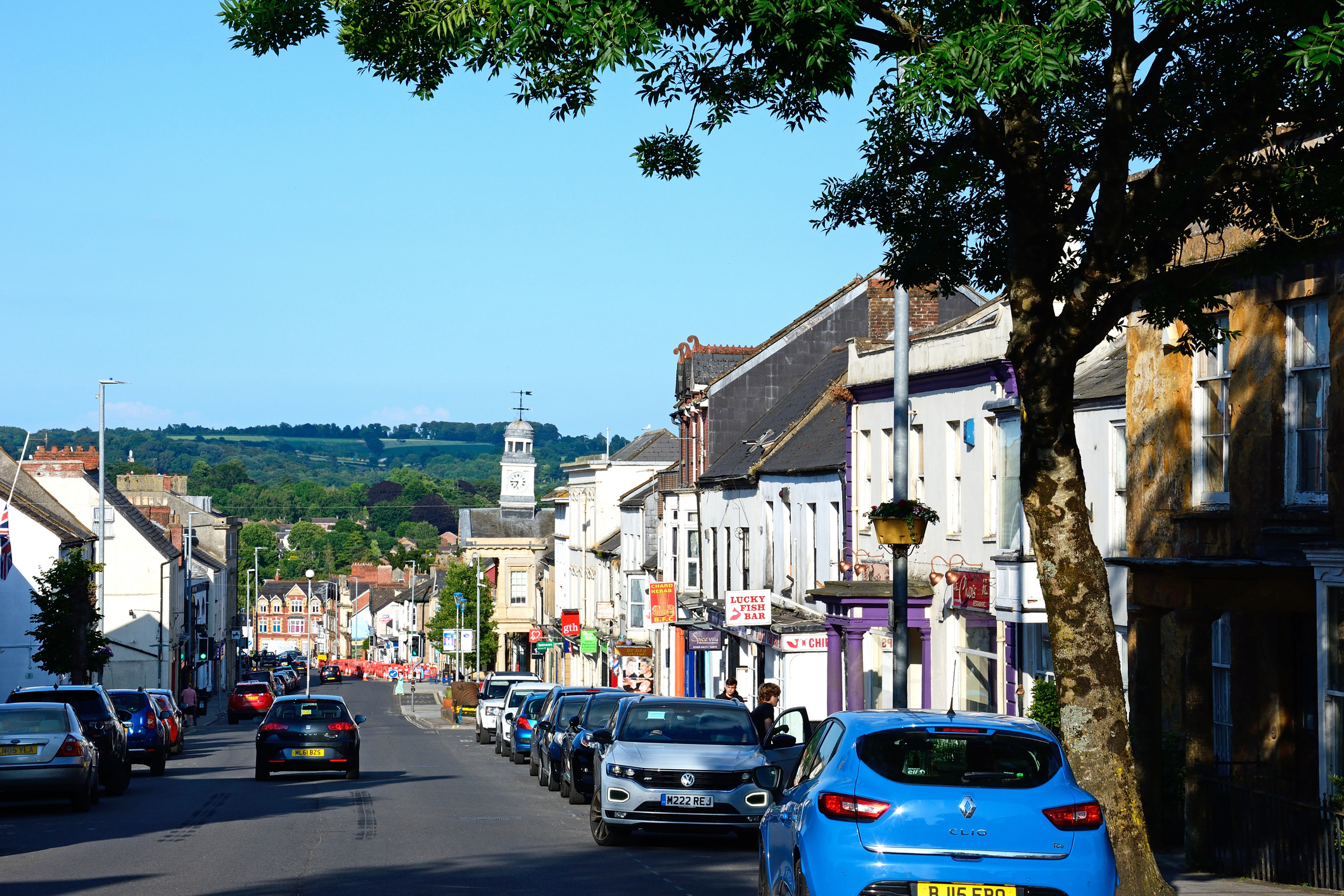

The new housing hotspot is…Chard
There are several places that sprung to mind when I tried to guess where the new property hotspot could be. But I have to admit, Chard, the Somerset town that shares its name with a green vegetable, was not one of them.
According to Rightmove, the number of sales agreed in Chard has more than doubled (132%) compared to this time last year.
What’s fuelling the rise? Some hip new openings that’ll give nearby trendy Bruton a run for its money? The unveiling of a new Waitrose, top-rated school, or new transport links perhaps? Or, as the property portal suggests, house prices that are more affordable than the wider region? Answers on a postcard, please.
Rightmove says that a 13% uplift in agreed sales across Great Britain is being driven by larger homes coming to the market. Sales of detached houses are 17% higher than this time last year, while flat sales are up by 6%.
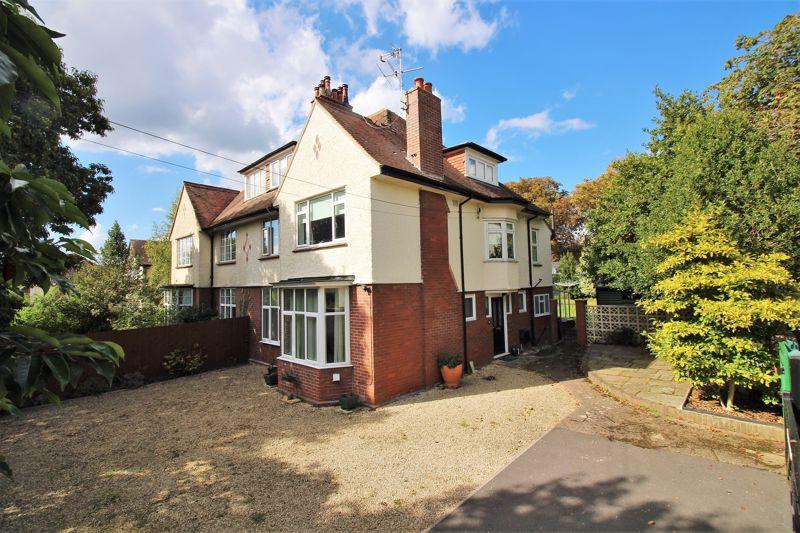
From The Manor House to Glebe House: what’s in a name?
Nothing sounds more quintessentially English than ‘The Manor House’. And it turns out that there’s nothing more expensive than ‘The Manor House’ either.
Properties called ‘The Manor House’ command an average price tag of £1,400,000, the highest in England and Wales, according to Savills’ top 10 most expensive house names.
‘The Old Rectory’, the more contemporary ‘Mallards’, ‘The Old Vicarage’ and ‘The Oast House’ are also top of the pile. Find out which other names made the cut here.
Sign up for the Country Life Newsletter
Exquisite houses, the beauty of Nature, and how to get the most from your life, straight to your inbox.
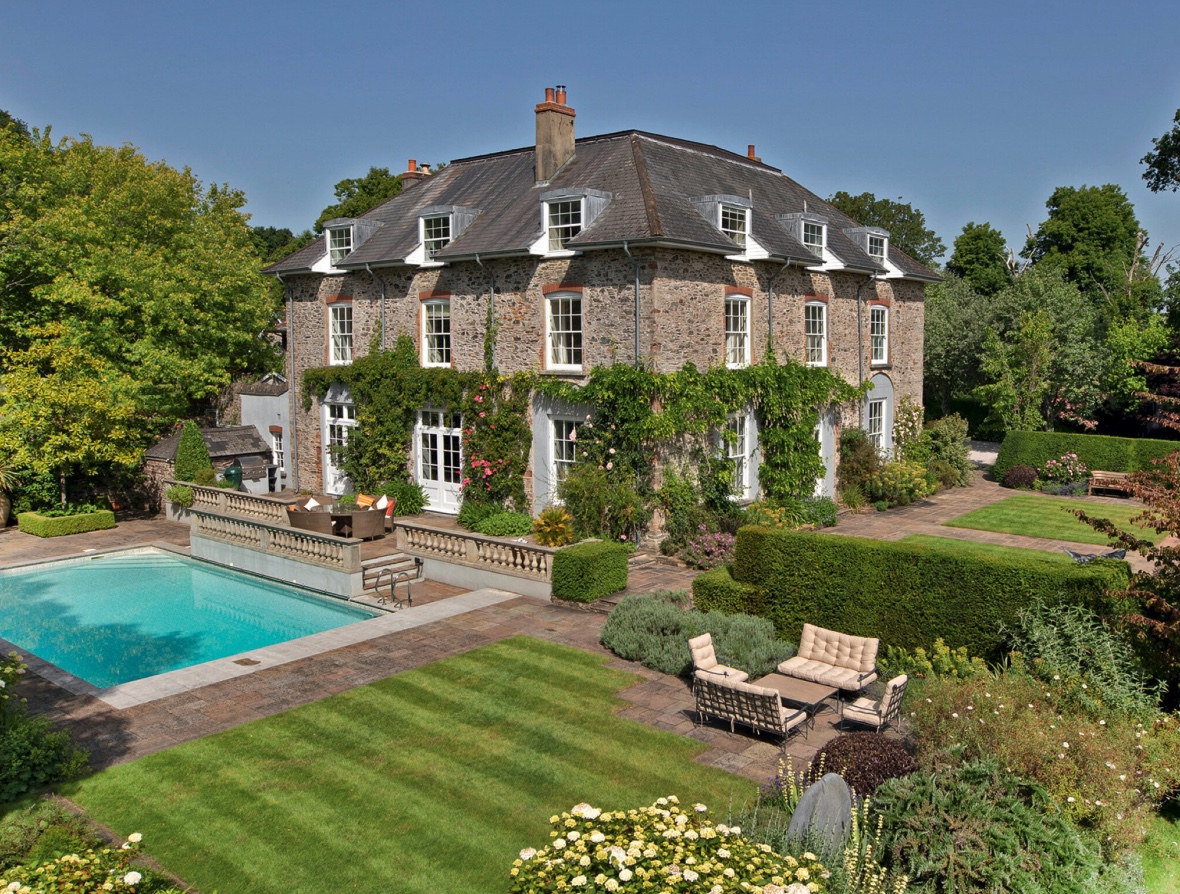
Have Grade Listed homes lost their charm?
Despite their historical and architectural features, Yopa suggests that Grade Listed homes might have fallen out of favour with buyers.
According to the estate agency, demand for Grade Listed homes across 20 major cities stands at 35%. That’s 13% below general housing market demand.
Yopa attributes their dwindling appeal to tighter mortgage restrictions, as well as the higher running and maintenance costs often associated with Grade Listed properties.
Global sales of $10m-plus homes jump
Knight Frank has released its latest research on a corner of the housing market that most of us will never even dip our toes into: the global super-prime housing market. In other words, really luxurious homes.
Global sales of US$10m-plus homes rose 11% in the last three months of 2023 compared with the same period in 2022. The largest market was Dubai (108 sales), followed by London and New York (with 52 each).
Meanwhile Knight Frank’s Prime Global Cities Index, which covers 45 high-end housing markets, shows that average annual prices increased 3.7% over the 12 months to December. It is ‘within touching distance of the long-run trend rate of growth’, the estate agency said.
Bank of England holds rates – again
Back in the real world, the Bank of England has voted to keep the Bank Rate at 5.25%. It’s the fifth time in a row that the Bank has maintained the current level.
Emily Williams, director of research at Savills, pointed out: 'This was the first meeting since September 2021 in which no members voted for a rate increase, which, coupled with the lowest rate of inflation for over two years, will give mortgage markets further confidence that the Bank will be in a position to cut the base rate in the coming months.'
Most landlords who sell up will pay more tax, says Hamptons
The Chancellor revealed he was cutting the higher rate of capital gains tax (CGT) in the Spring Budget to incentivise landlords to sell up. But this is only part of the story, says Hamptons.
The estate agency’s analysis shows that 89% of higher-rate and 100% of lower-rate taxpaying landlords who sell up will see their capital gains tax (CGT) bill climb in April. Why?
Hamptons claims the reduction in annual capital gains personal allowance will offset the CGT rate cut for most higher-rate taxpaying landlords who sell. They could see their CGT bill rise by £454 or 4% in April, while the average lower-rate taxpayer’s bill could increase by £1,674.
Today’s babies could fork out £500k for first home
'It seems quite unbelievable that a baby born today could face paying half a million pounds for their first home,' says Ed Phillips, CEO of Lomond. Yes, you read that right.
The estate and letting agency reckons that the average price tag for a first-time buyer home could reach £503,584 by 2055, when today’s babies will be 31 years old. That’s an increase of 111.9%. It means they will need to earn £95,121 to get onto the housing ladder.
A reporter for Country Life caught up with two babies to get their reaction to the news. Follow this link to find out what they ‘said’.
Asking prices ‘higher than historic average’
Average asking prices of homes brought to the market this month have climbed by 1.5% (£5,279), says Rightmove. The growth is higher than the historic average March increase (which stands at 1%, if you want to know) and the biggest monthly increase for 10 months.
Buyer appetite is 8% above 2023 and, as we have just discovered, sales are up 13% on this time last year.
But the property portal cautioned: ‘Rather than the start of another market surge, the signs are that overall activity levels have now returned to steadier pre-pandemic norms.’
‘A rebalance of supply and demand’
The average number of homes listed for sale each month in England climbed by 58% last year compared with 2022, according to Jackson-Stops.
The firm’s chairman, Nick Leeming, said: ‘We are at last observing a rebalancing of supply and demand in out of market hotspots.’
The Isle of Wight, Norfolk and Somerset, all scenic coastal locations, saw the biggest increases in homes for sale on an annual basis.
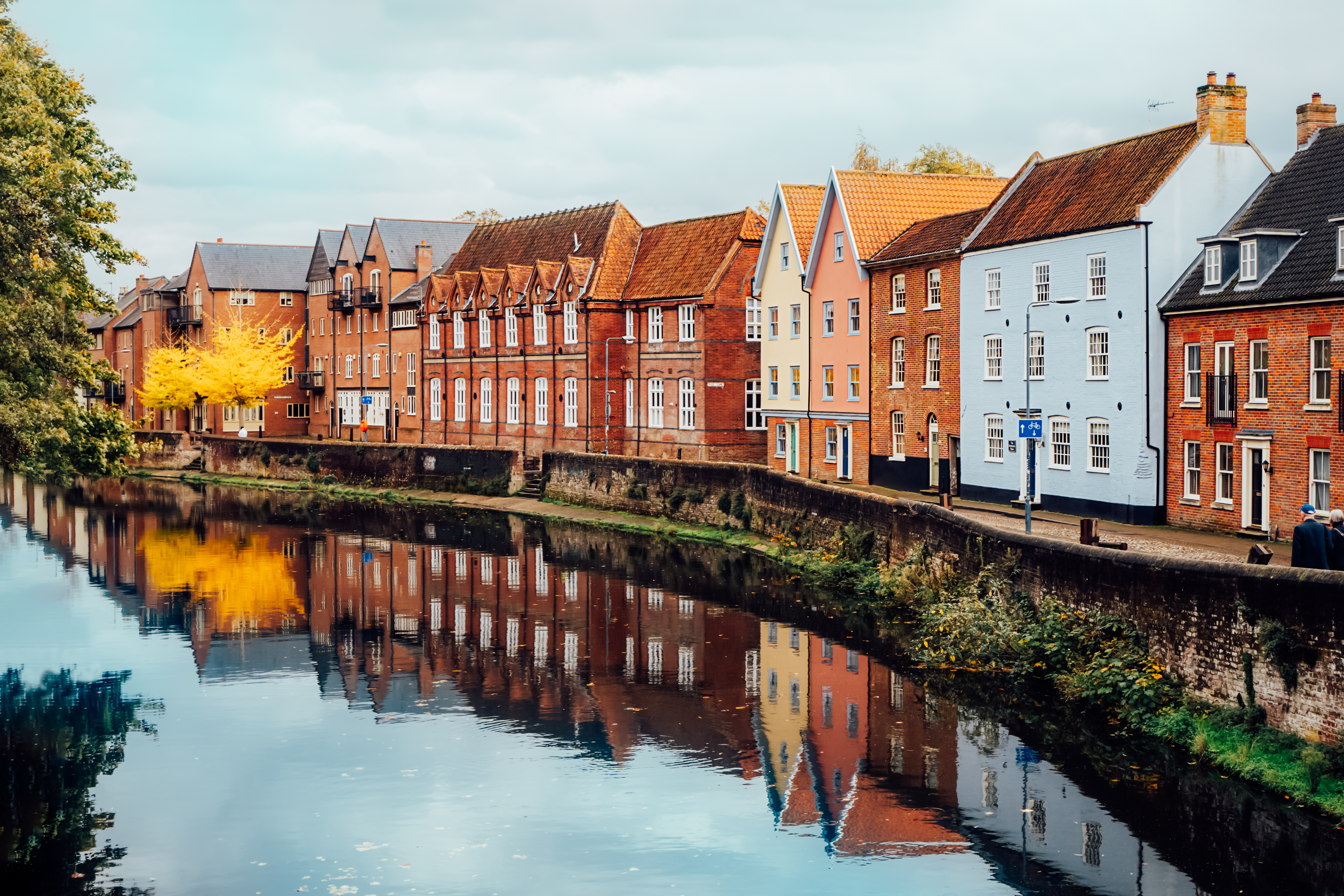
Credit: Getty
Spring Budget 2024: A ‘missed opportunity’ in the housing market
Against a noisy backdrop, Chancellor Jeremy Hunt revealed a series of property tax changes in the Spring Budget. So who
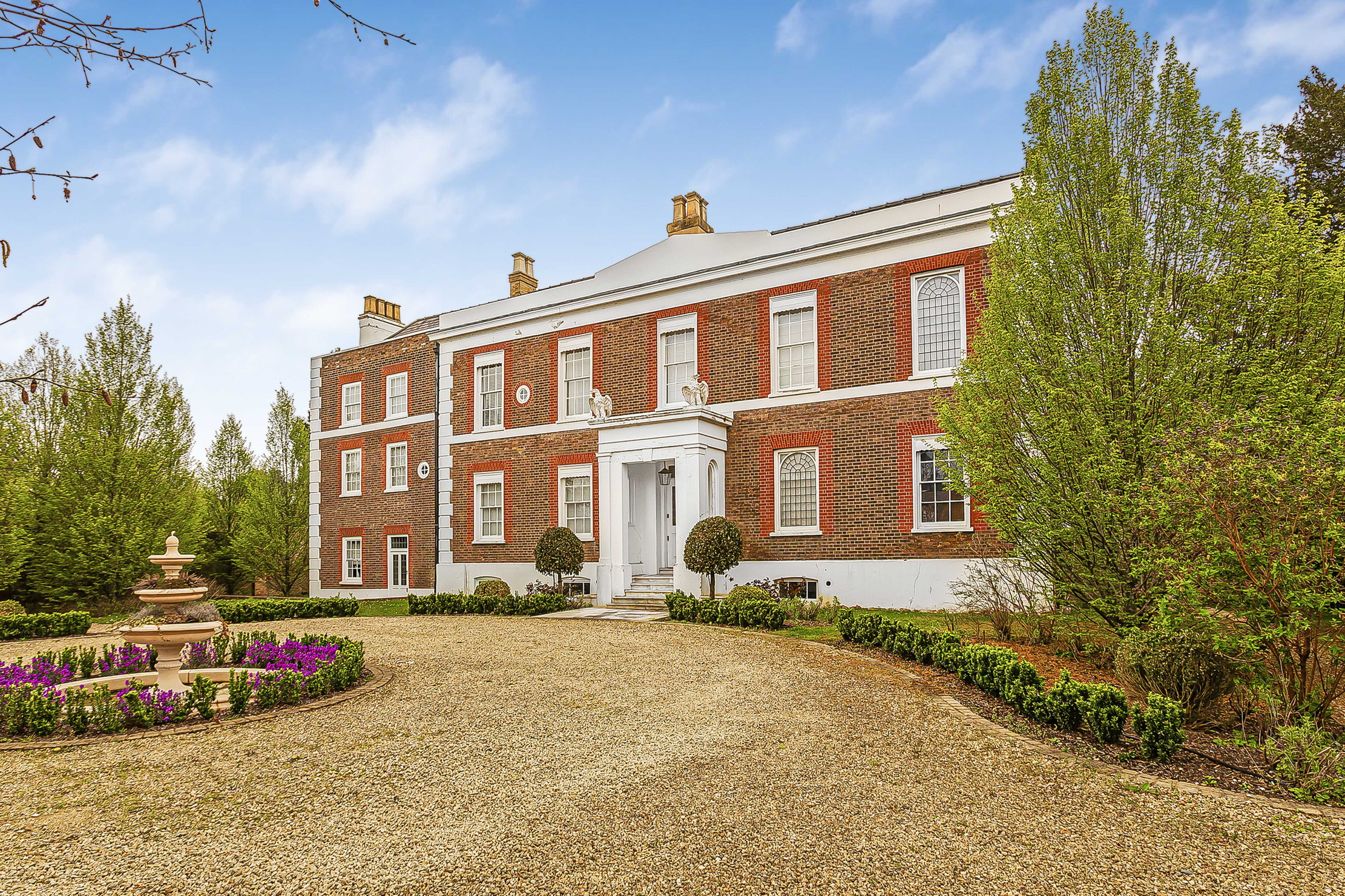
Playing the name game: Why what you call a house really matters
From The Manor House to The Glebe, research from Savills reveals the 10 most expensive house names.
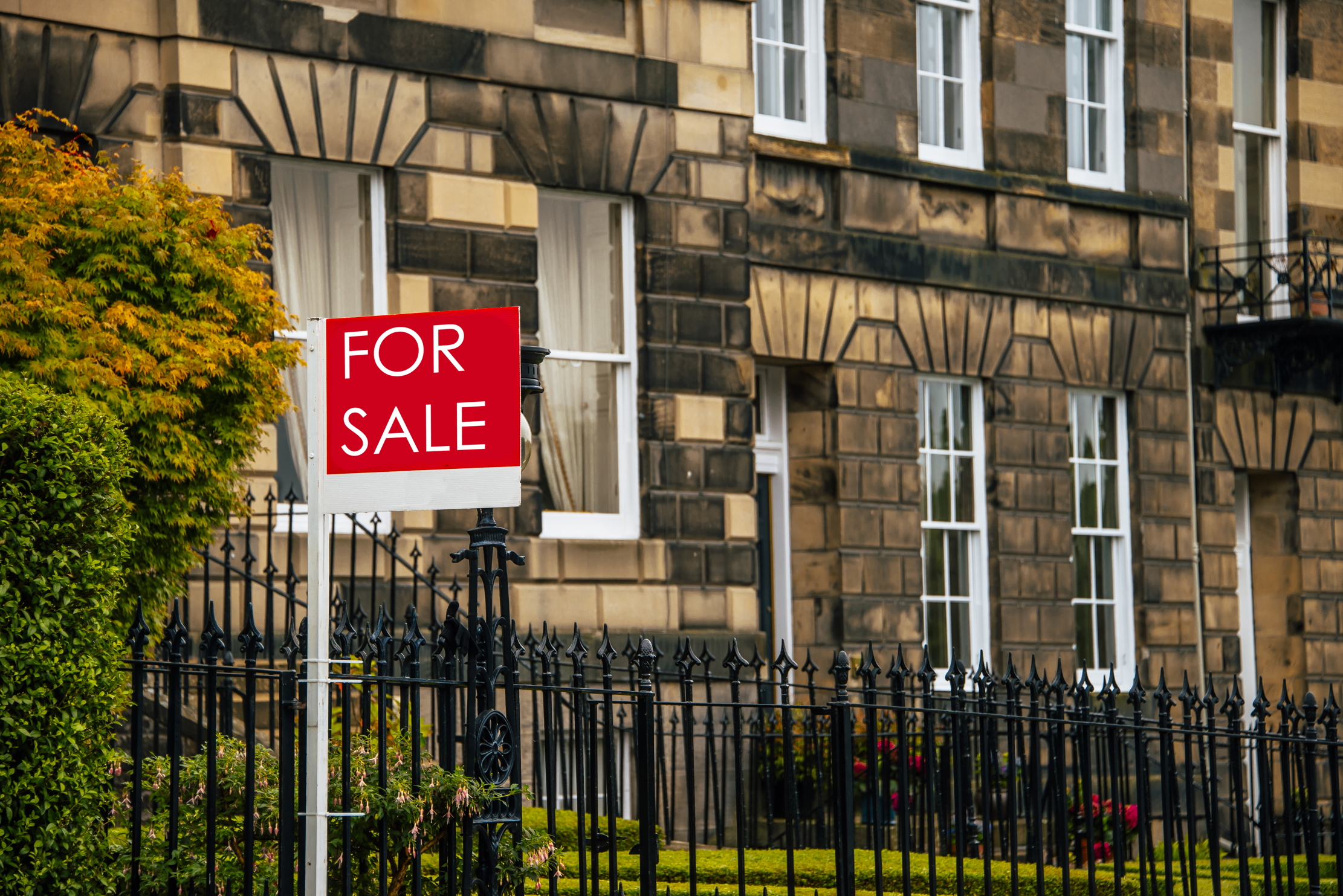
Credit: Mario Gutierrez/Getty Images
How much? A baby born today may have to pay more than £500,000 for its first home
Research reveals that if house prices continue to rise at historical rates, those born today may struggle to get on
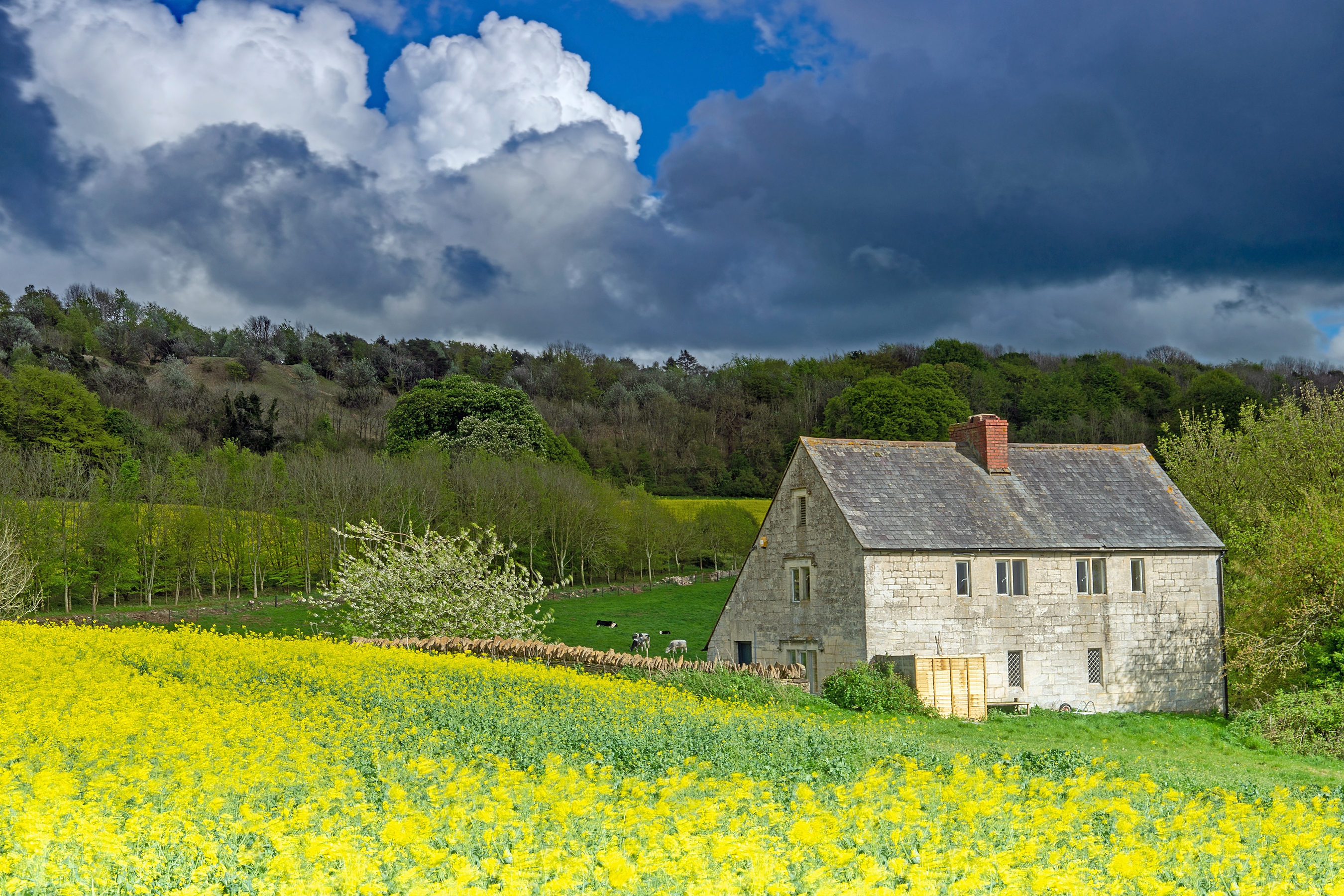
Credit: Shutterstock / PJ photography
Housing market back on the up, and buyers 'resorting to bribery' to secure their dream homes
Why the housing market could be turning a corner, how a quarter of buyers have tried to ‘bribe’ sellers to
-
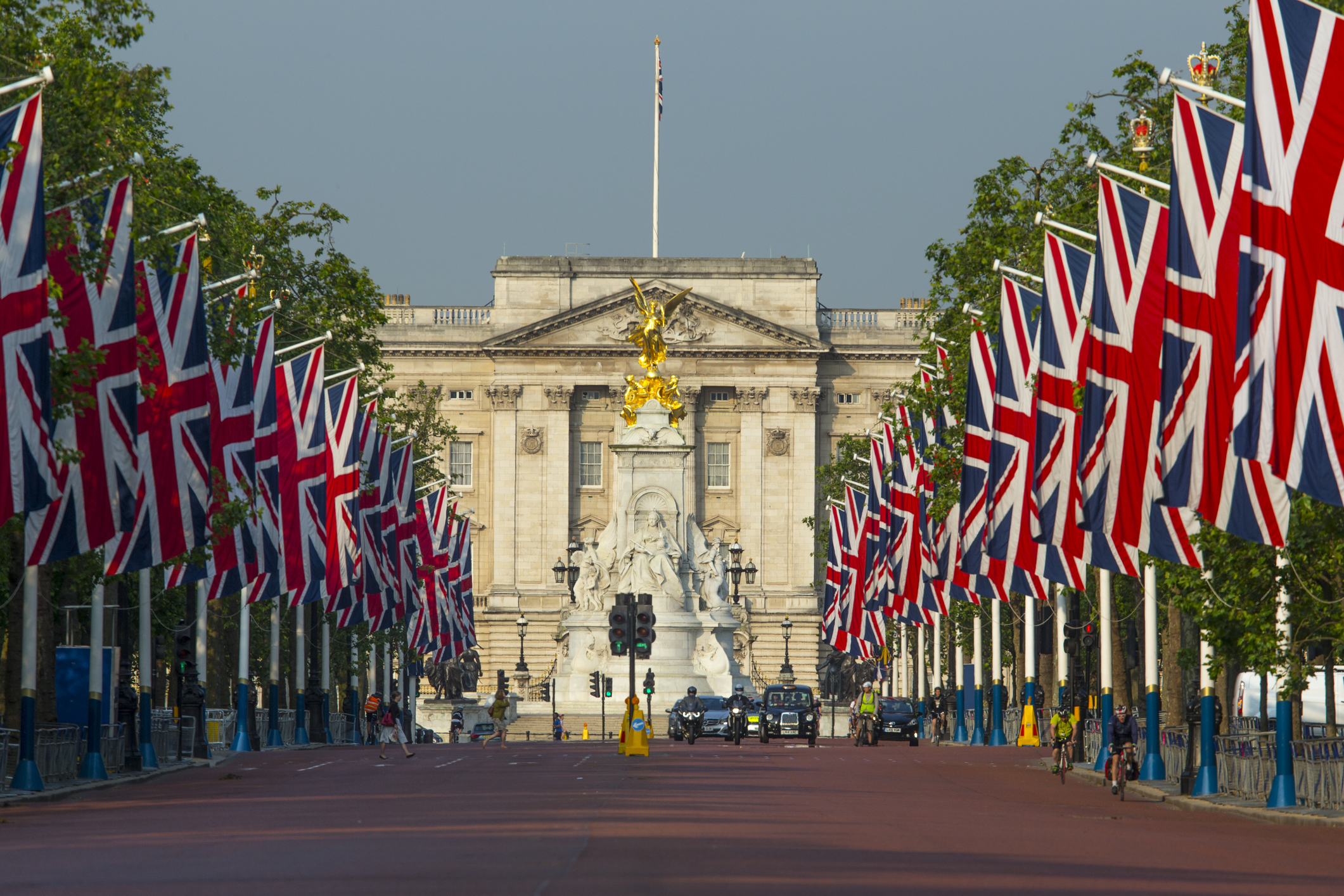 The loos of Buckingham Palace: Country Life Quiz of the Day, April 23, 2025
The loos of Buckingham Palace: Country Life Quiz of the Day, April 23, 2025Wednesday's Quiz of the Day looks at St George, royal toilets and German alcohol laws.
By Toby Keel Published
-
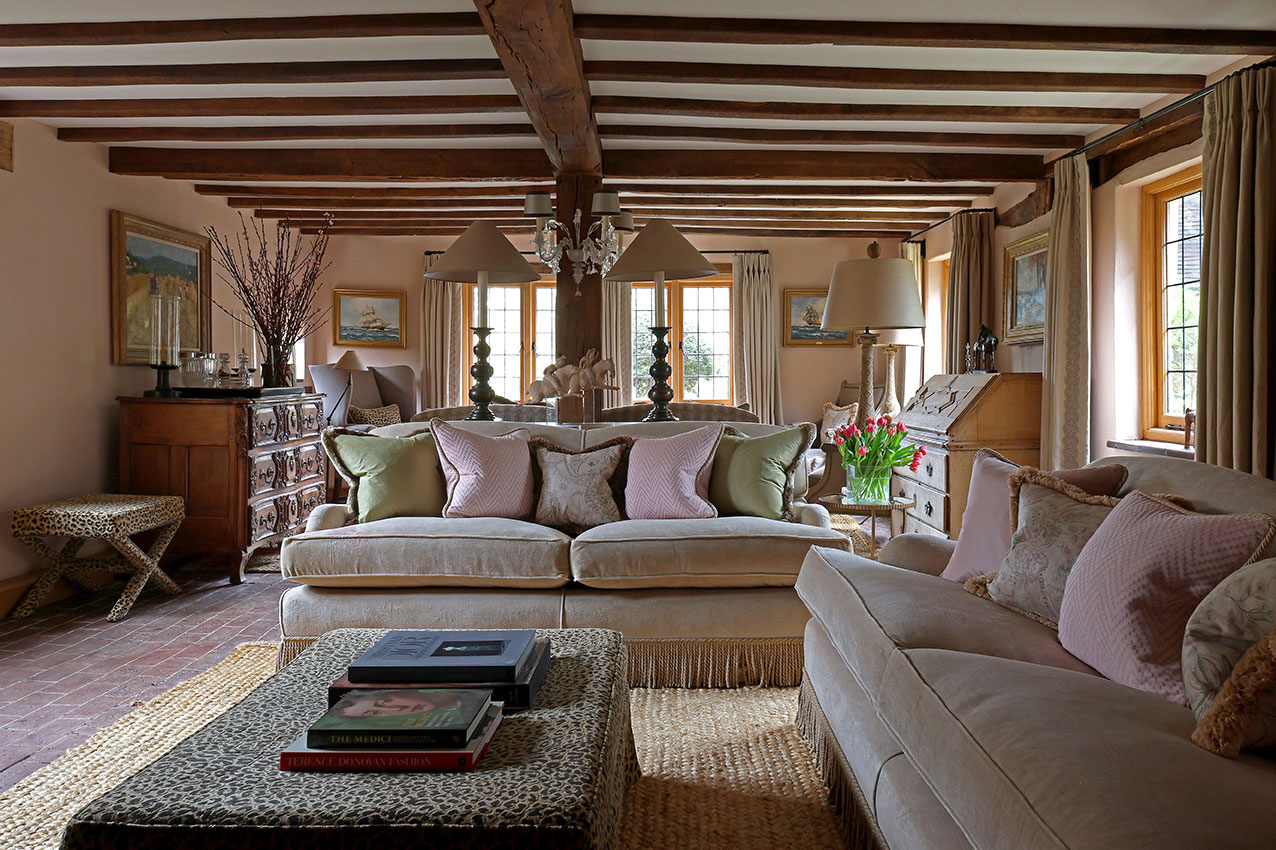 Moore Design
Moore DesignMoore Design is a boutique interior design practice with clients around the UK and overseas.
By Country Life Published
-
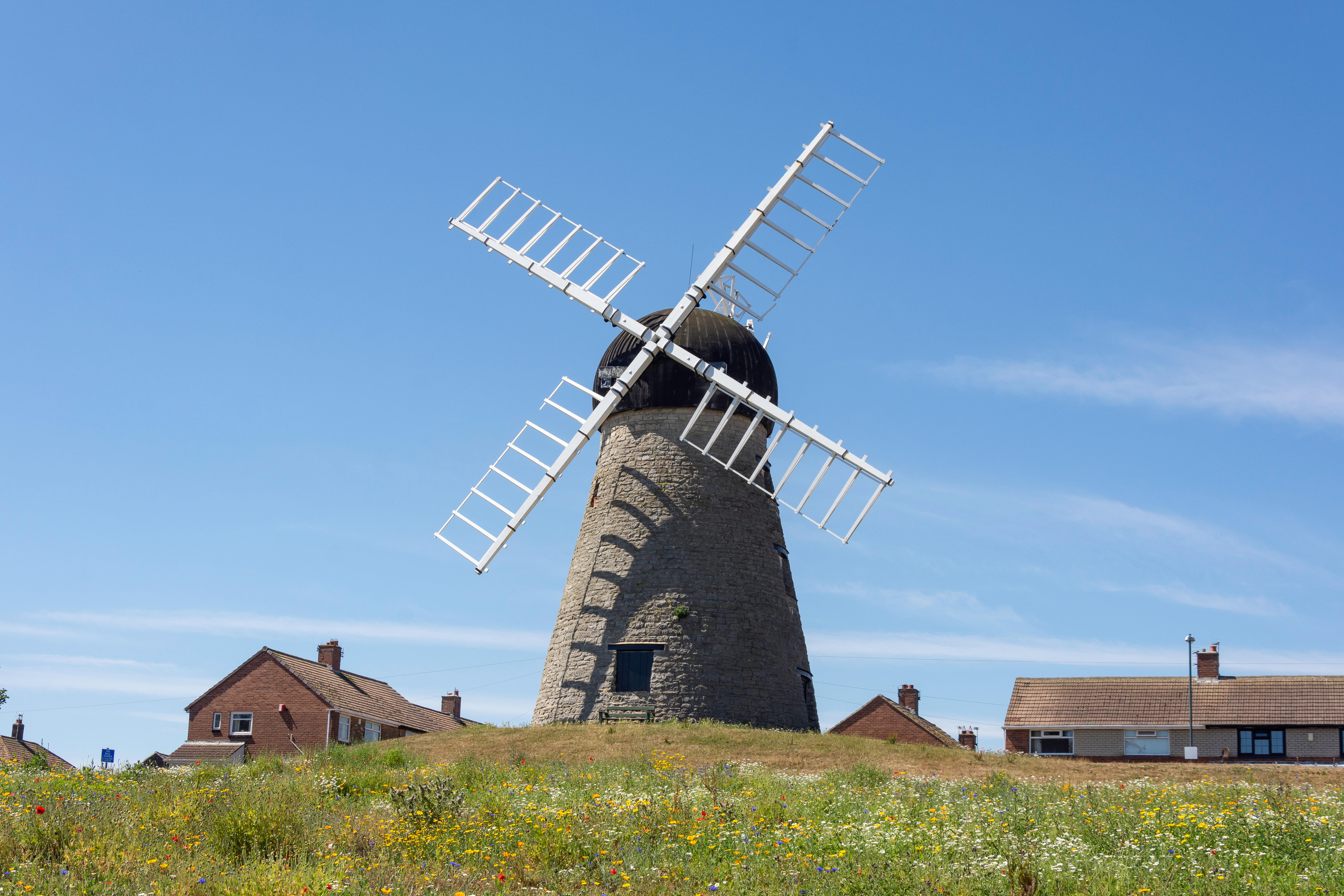 The 'best places to live' ranking that lists all 1,447 towns, cities and large villages in England and Wales — who is this year's winner?
The 'best places to live' ranking that lists all 1,447 towns, cities and large villages in England and Wales — who is this year's winner?Redbourn has been named the best place to live in the country.
By Annabel Dixon Published
-
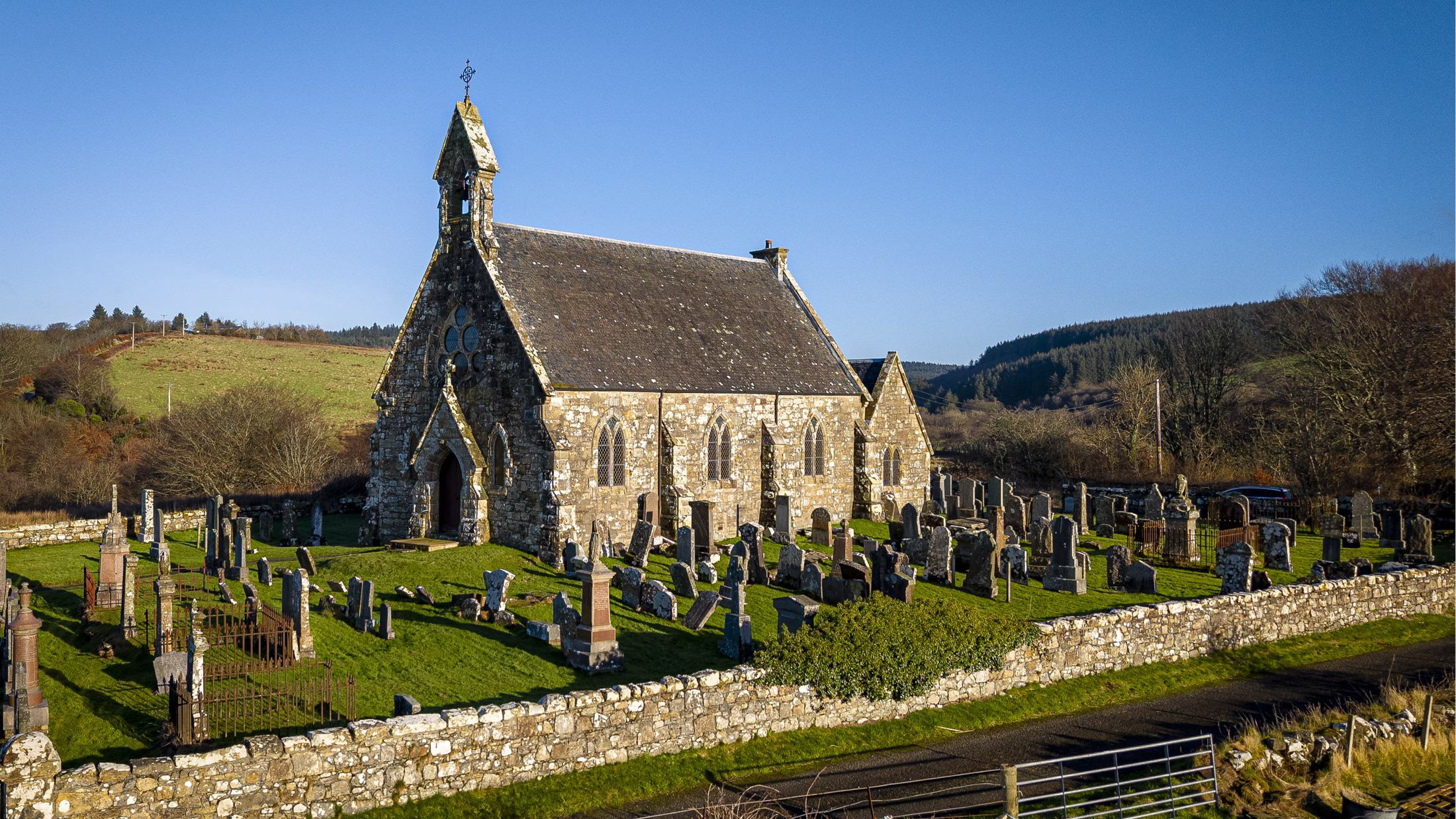 Some of Scotland's most beautiful churches are being sold off for as little as £40,000 — but a word of warning before you take the plunge
Some of Scotland's most beautiful churches are being sold off for as little as £40,000 — but a word of warning before you take the plungeLucy Denton examines how best to help former church buildings thrive as times move on and property changes hands.
By Lucy Denton Published
-
 Two-thirds of us buy a house and immediately set about refurbishing it
Two-thirds of us buy a house and immediately set about refurbishing itWe spend more buying our houses than on anything else in our lives — yet the first thing we do on moving in is set about changing the place. Annabel Dixon takes a look at what we do and why.
By Annabel Dixon Published
-
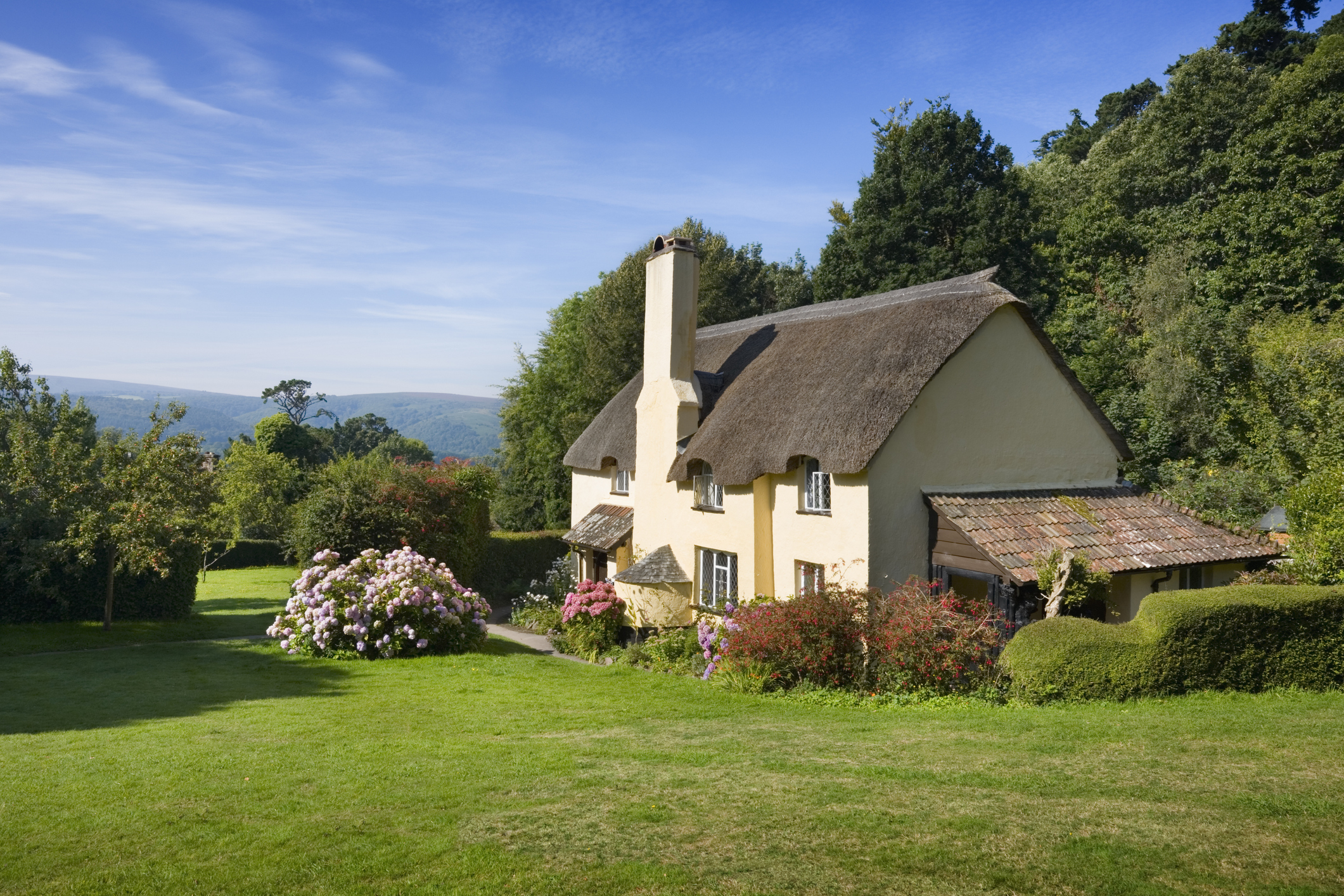 The Catch-22 that's clogging up the housing market? The over-50s sitting in half-empty houses while young families struggle to find homes that are big enough
The Catch-22 that's clogging up the housing market? The over-50s sitting in half-empty houses while young families struggle to find homes that are big enoughWhile the vast majority of empty nesters living in larger properties don’t intend to downsize, upsizers are struggling to climb up the housing ladder, says Regency Living.
By Annabel Dixon Published
-
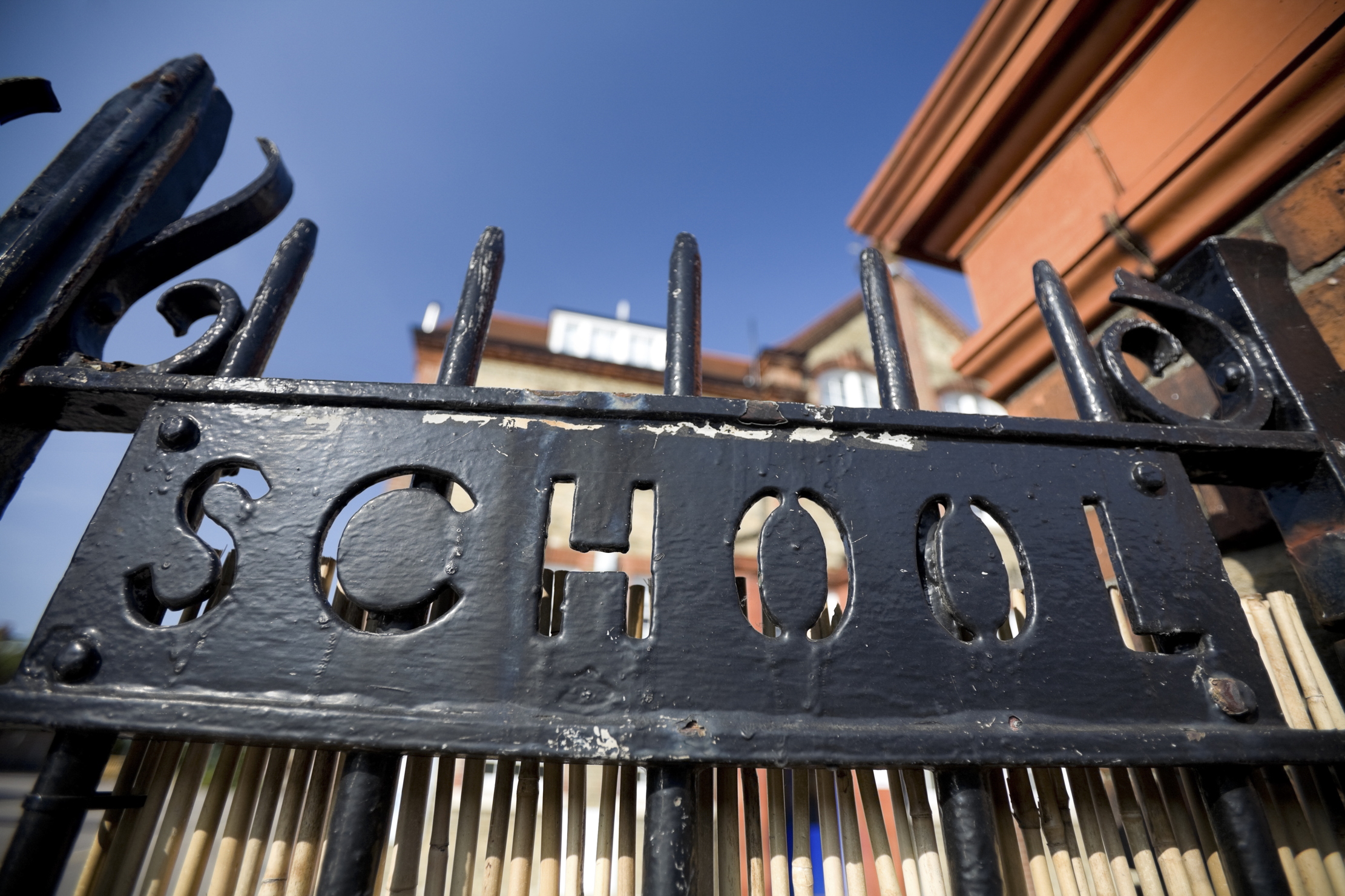 More than a quarter of parents 'bend rules or even lie' to get their children into the right school
More than a quarter of parents 'bend rules or even lie' to get their children into the right schoolA survey by Zoopla reveals just how far parents are prepared to go to get their child into a top school. So, what would you do?
By Annabel Dixon Published
-
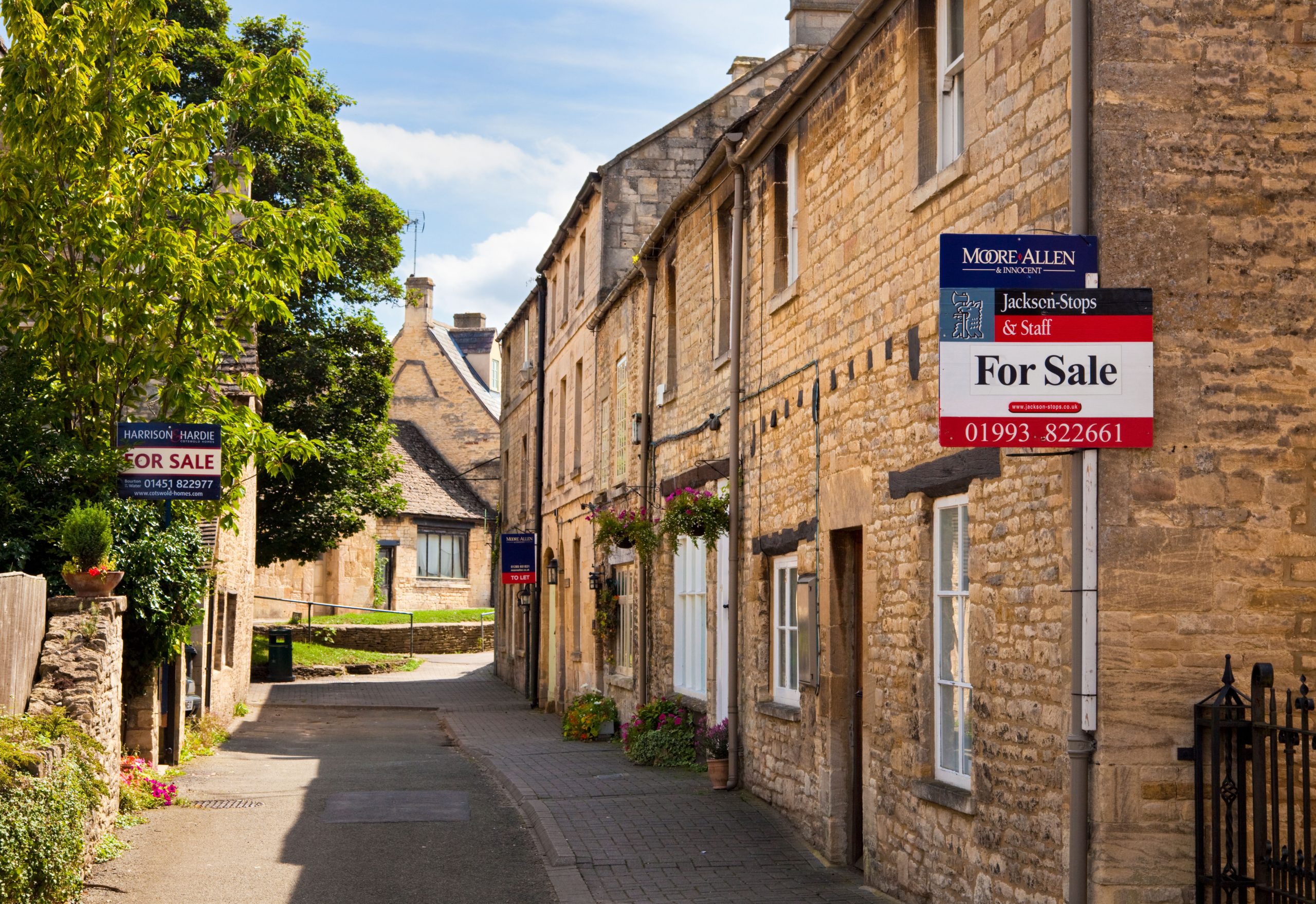 More than a quarter of property sales collapsed in 2024. Here's why.
More than a quarter of property sales collapsed in 2024. Here's why.The most common reason for sales falling through last year? Buyers pulling out or failing to renegotiate the purchase price following a property survey.
By Annabel Dixon Published
-
 'Like living in an episode of Top Gear': The beautiful rural spots where people use McLarens and Ferraris to pop down to the shops
'Like living in an episode of Top Gear': The beautiful rural spots where people use McLarens and Ferraris to pop down to the shopsUsing exclusive data compiled by Savills, Anna White takes us through the rural districts where you'll find the most supercars, and reveals the extreme lengths owners will go to look after them.
By Anna White Published
-
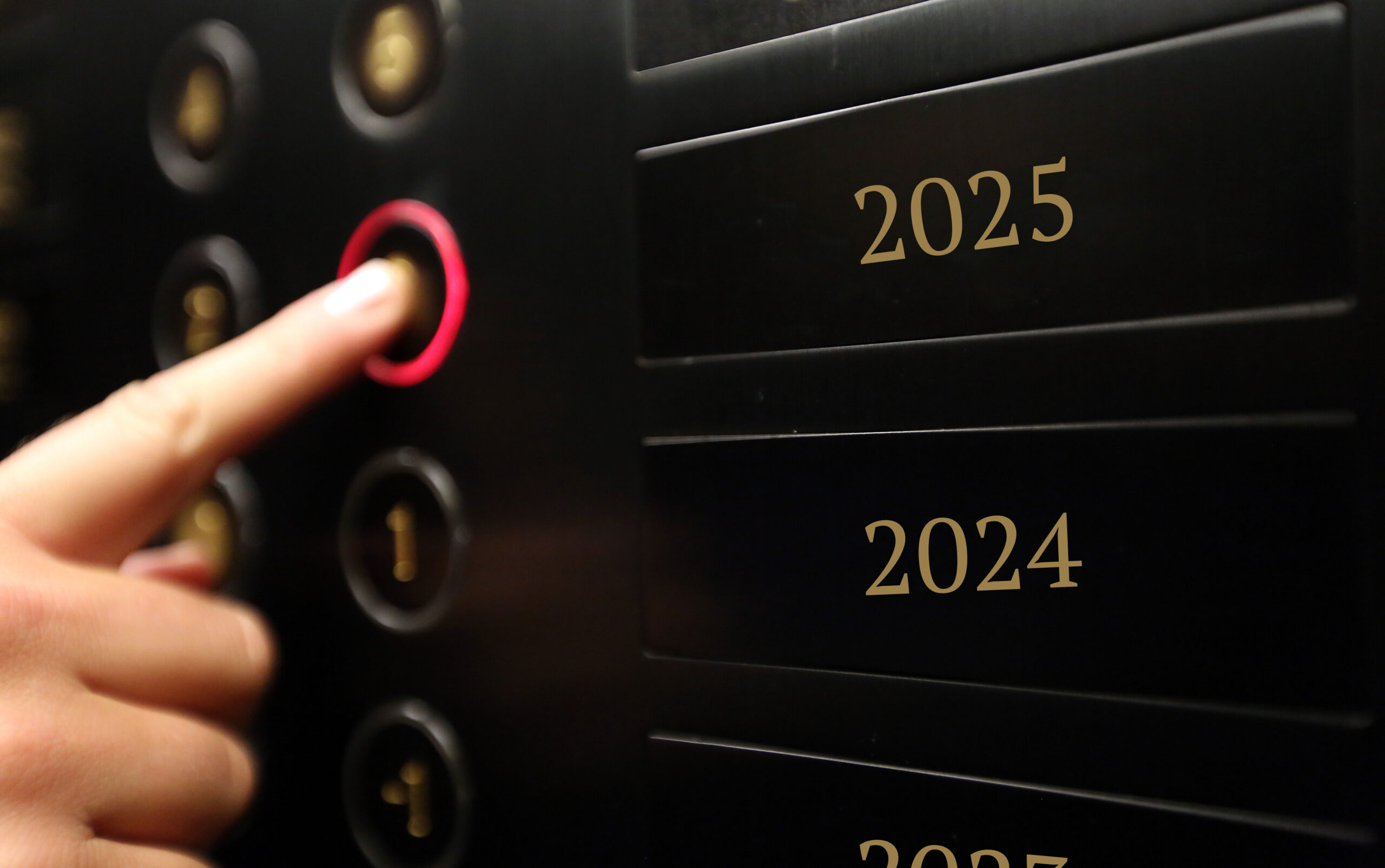 Going up? The property market's top experts on what will happen to house prices in 2025
Going up? The property market's top experts on what will happen to house prices in 2025After a jam-packed year, could a brighter and more stable housing market be around the corner? Here’s our round-up of house price predictions from those in the know.
By Annabel Dixon Published
